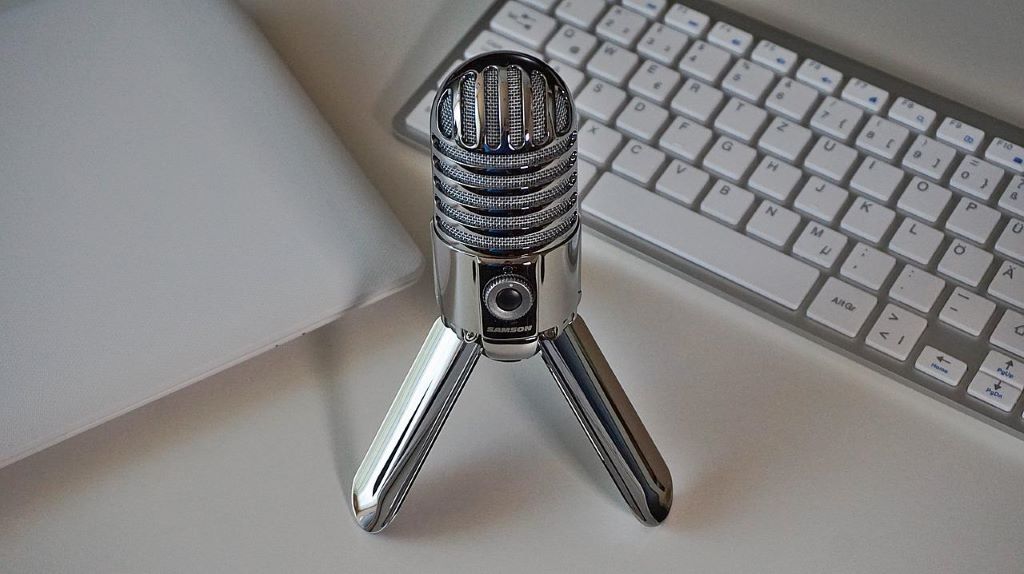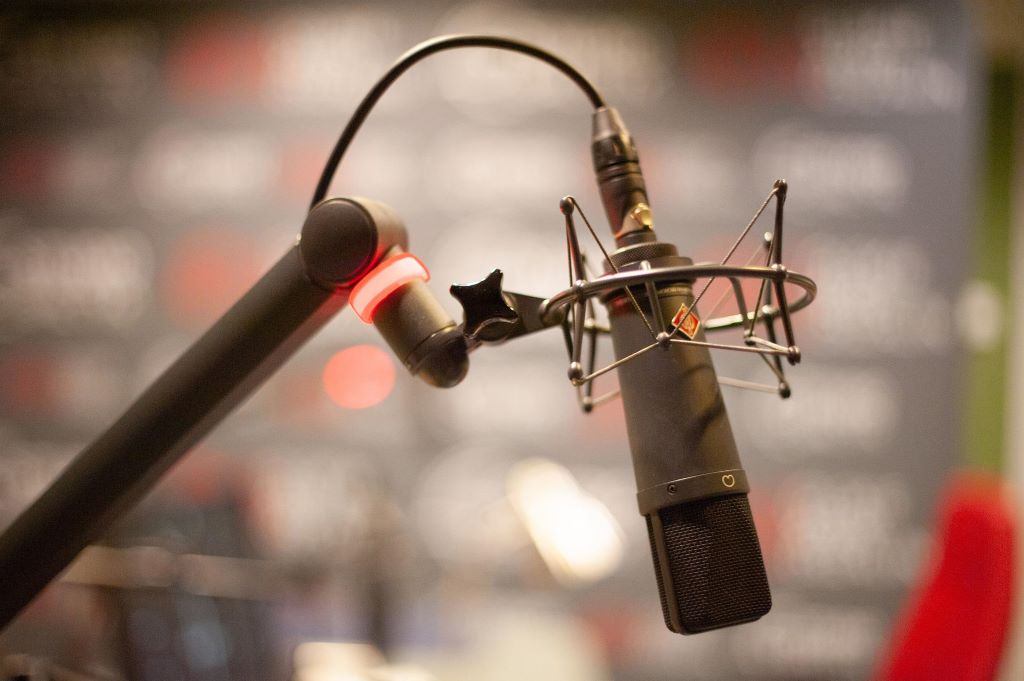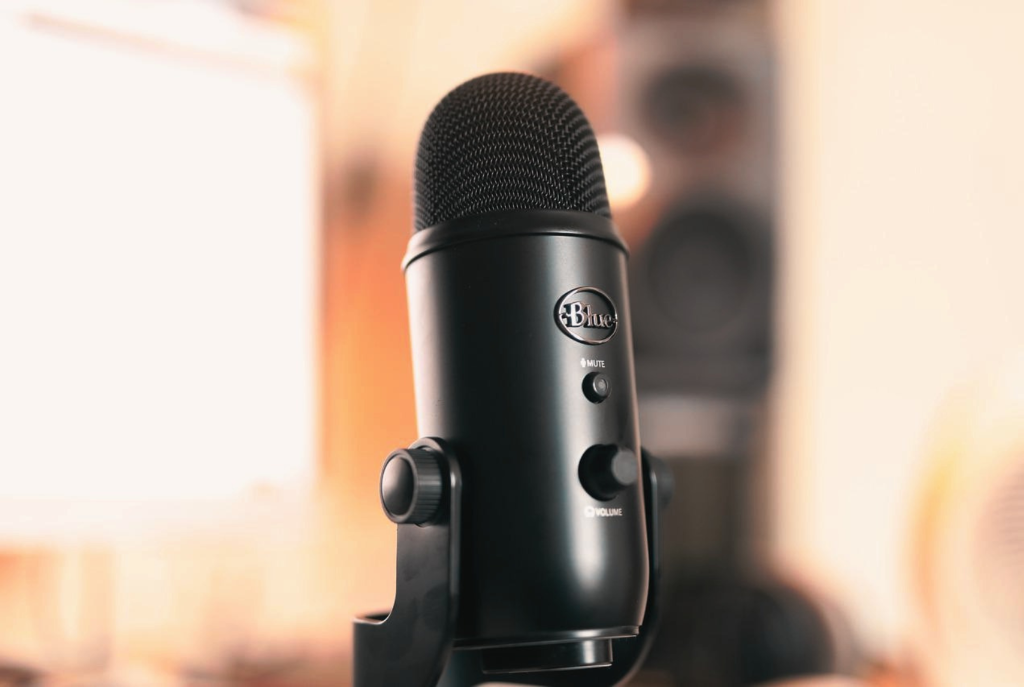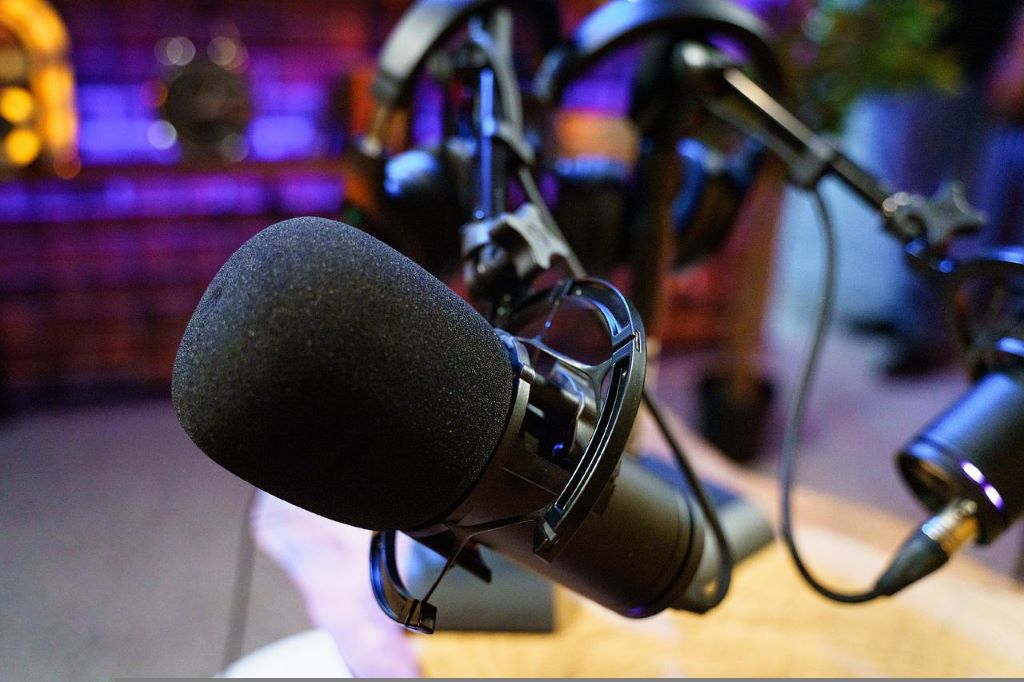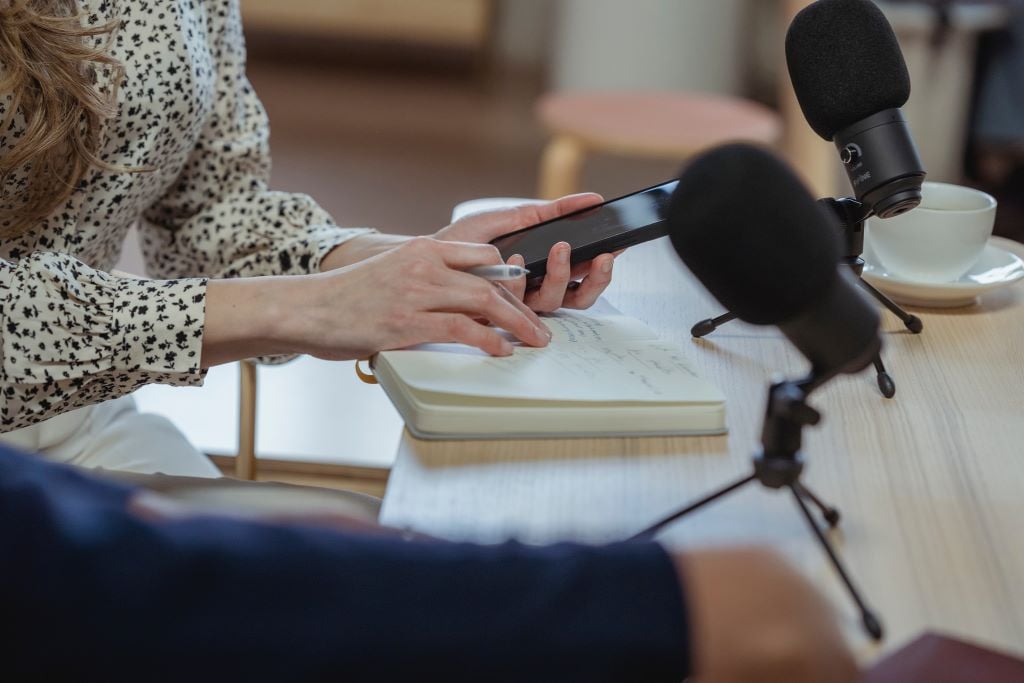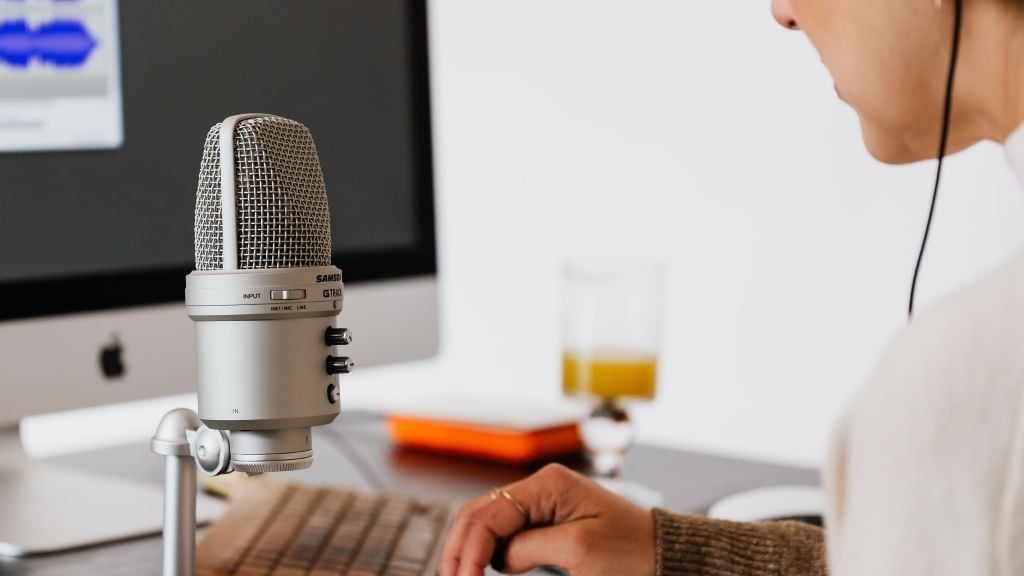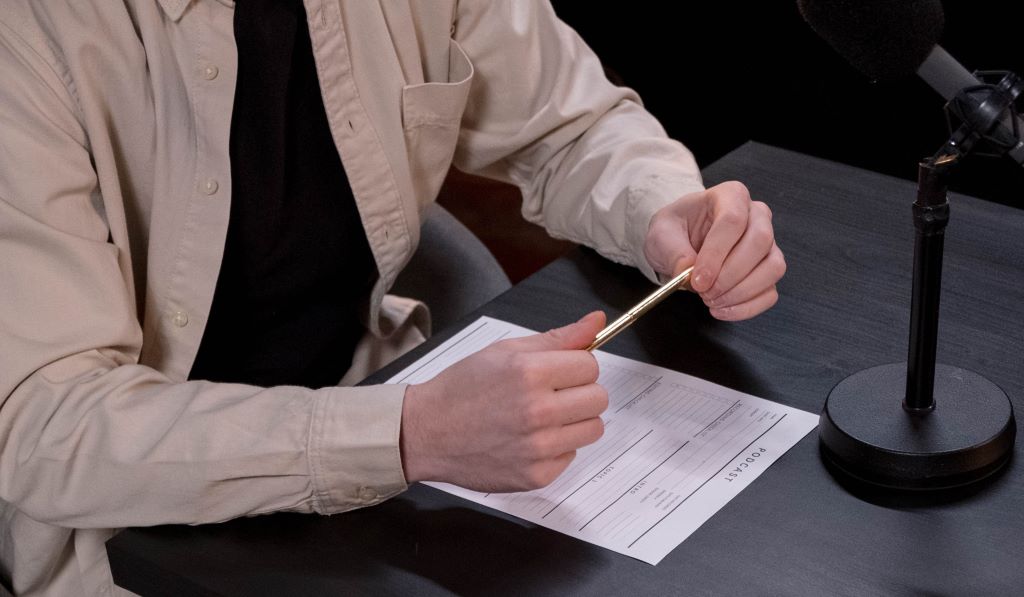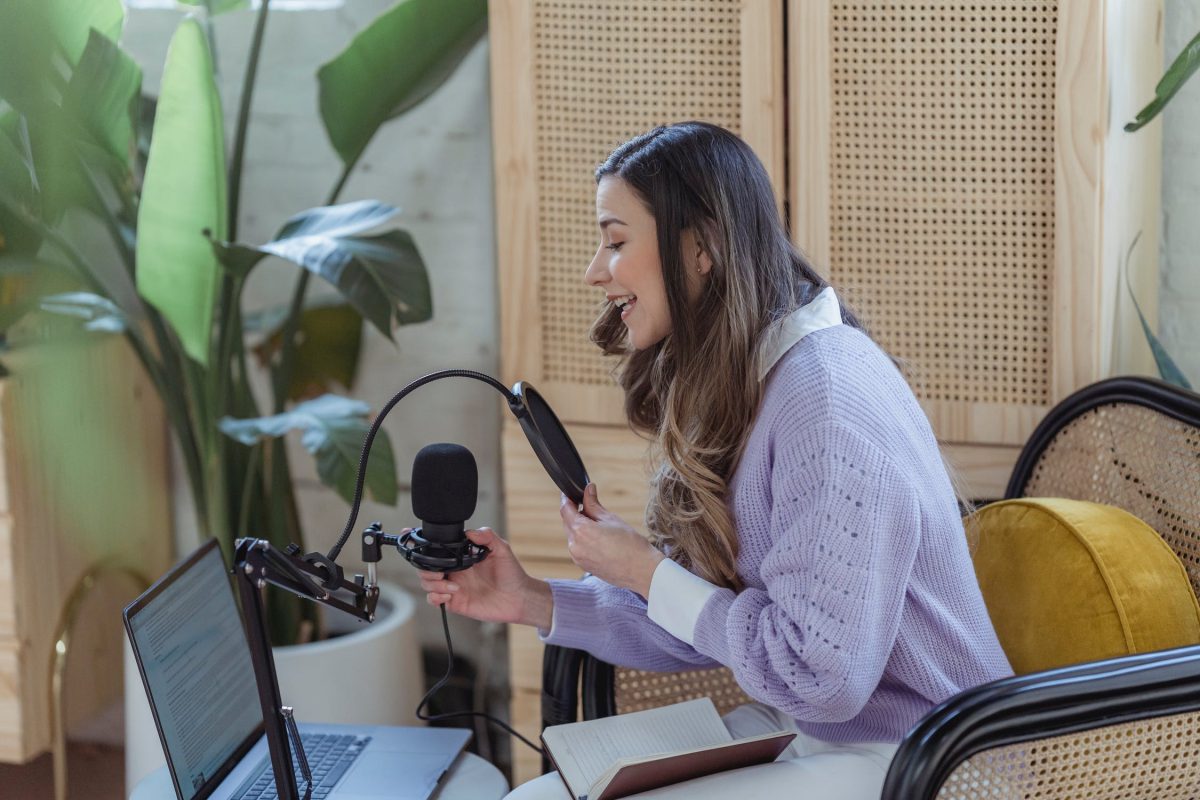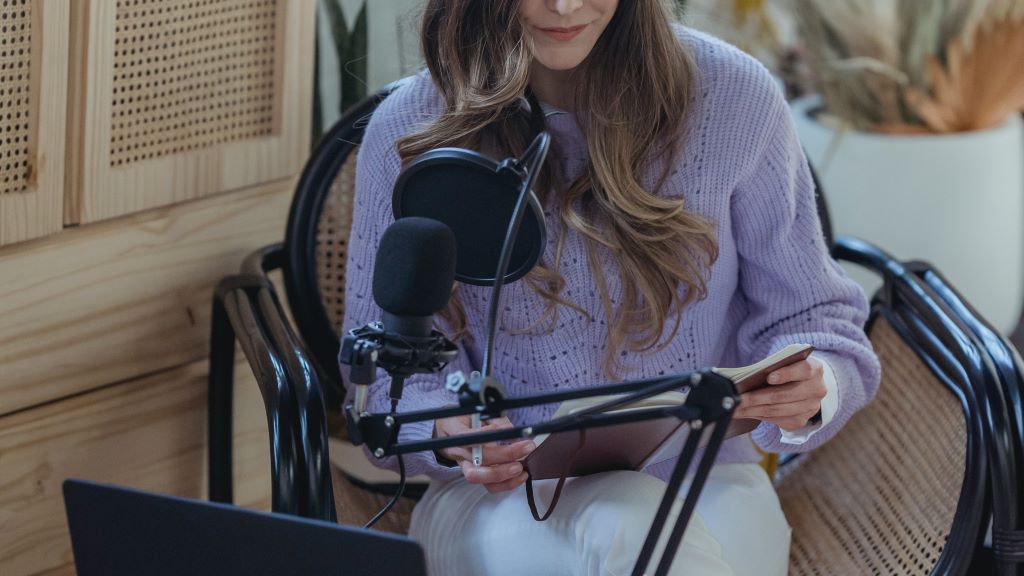Welcome back to another episode of Into The Airbnb, where we chat with Airbnb hosts about their short-term rental experience. Our guest for today is Matthew Metros, Co-founder of Manage My STR, a nationwide Short Term Rental Management & Services company. Join us in this interview to hear more about the services they offer, how […]
